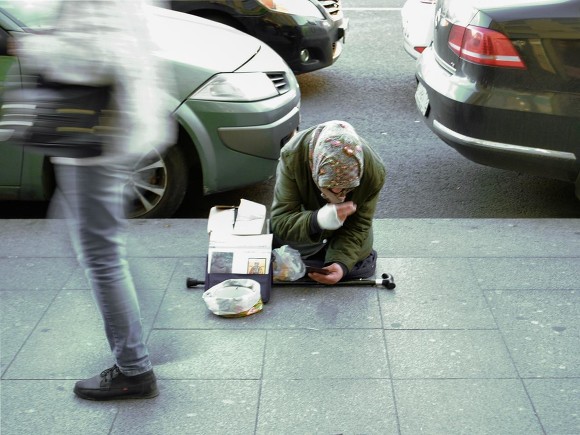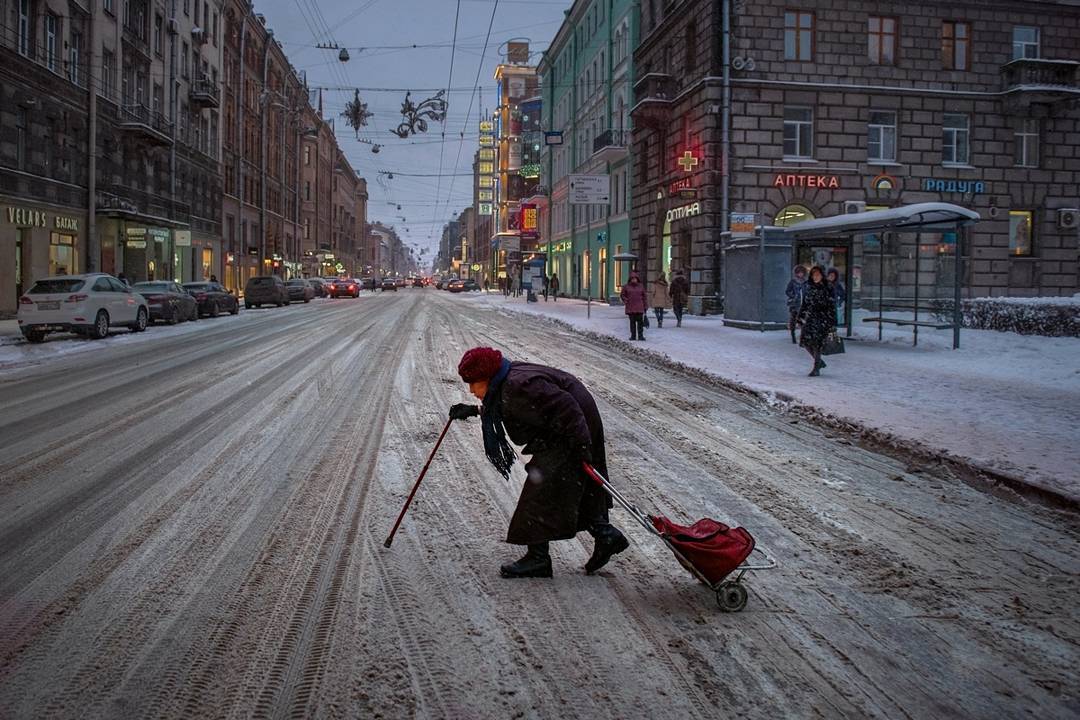Two out of three Russians (68 percent) tell the Public Opinion Foundation that they believe that their country is in the midst of an economic crisis, four percent more this year than last. And only one in twelve (eight percent) believe that there is any chance that this crisis will be over in a year’s time.
Among the Russian parliamentarians the Regions.ru news agency surveyed, Oleg Shein, a Just Russia member of the Duma committee on labor, social policy, and veterans affairs, offers an even bleaker assessment. He says that what Russia faces “not so much a crisis as a depression.”
Crises are cyclical, he points out; and they contain within themselves the bases for recovery.
Those are not now on the horizon at least as long as the current regime remains in power.
For example, he says, a crisis may be brought on by overproduction. Too many goods are produced and remain unsold; but once they are bought, new goods have to be produced and the economy begins to recover. But “a depression is something else. This is when the national government by its decisions kills all possibilities for the development of domestic production.”
Consider how the economy functions under the Putin regime: Russian companies extract oil and gas, sell them abroad, and then put the money they earn into offshore accounts. Little or none of it goes to the population. Instead the regime seeks to take as much money from the people as possible, by increasing the pension age and raising taxes.
As a result, domestic demand continues to fall, something exacerbated by the decline in wages as a result of the pension reform, the parliamentarian says; and unless there is an unexpected boom in international oil and gas prices, the economy will continue to be “in crisis” but in fact “in a depression.”
“One can only agree with society” that the Russian economy is in trouble; but, Shein continues, “society must draw the conclusion that the powers that be must be changed because it is they who are the threat for the present and future of our country.”
Read More:
- Ukrainian economy continues its recovery path
- “Ukraine will turn into a banana republic”: Ukrainian elections on Russian TV
- Russian interference in Ukrainian elections: separating the wheat from the chaff
- Moscow hopes to ‘Belarusianize’ Ukraine by dangling possibility of lower gas prices, Portnikov says
- If Kremlin fails to bring pro-Russian politicians to power, Ukraine should brace for radical scenarios – Horbulin








